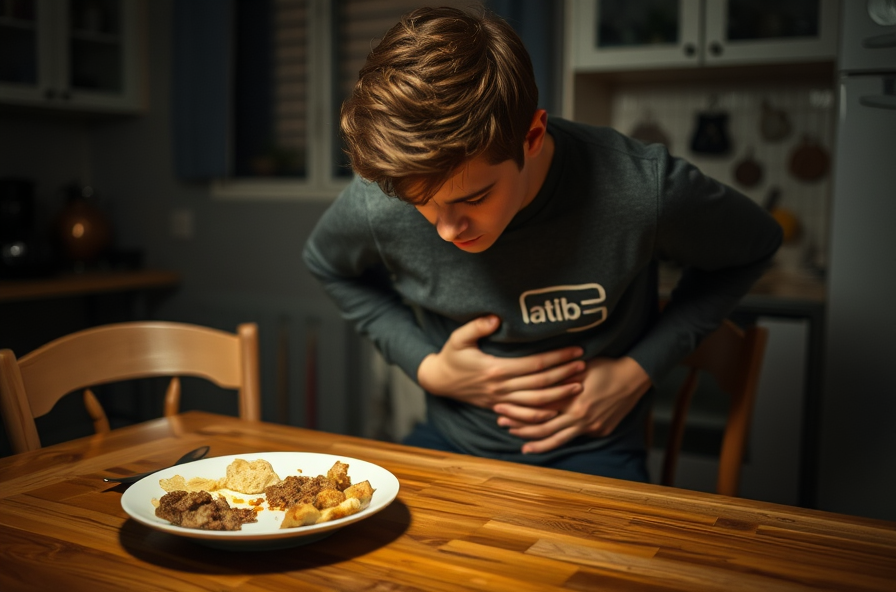
Ever had a bellyache that seemed to just sit there, refusing to budge? Sometimes, that pain is more than just a fluke—it might be a stomach ulcer. Basically, these are sores that pop up inside your stomach when the usual barrier gets worn down by acid. Thankfully, dealing with a stomach ulcer isn’t the end of the road; with some smart medical advice and a couple of habit tweaks, you can usually get yourself back on track. If you’ve ever felt that deep, stubborn ache in your stomach—especially when you haven’t eaten in a while—it’s not just your mind playing tricks. That achy, burning pain isn’t just your average heartburn. So many of us have chalked it up to nerves or maybe a questionable dinner the night before, only to find out it lingers way longer than it should. I honestly didn’t realize how common stomach ulcers are until I started hearing friends swap stories about mystery stomach pain that just wouldn’t quit. Here’s what really happens: that precious, protective lining in your stomach? Sometimes, it gets worn down or damaged, and suddenly, the acid inside your belly is left to run wild. Not a recipe for comfort. A lot of people notice the pain backs off a bit after eating—then, like clockwork, it comes creeping back. It’s this odd, recurring dullness or burn that floats in and out for days, making even the thought of lunch feel exhausting. But here’s the twist: stomach ulcers usually aren’t caused by what we THINK causes them. Blame the H. pylori bacteria for a lot of cases, or blame a steady diet of pain relievers like aspirin and ibuprofen. Toss in heavy drinking or smoking and you’ve got the usual suspects. All that stuff about stress alone causing ulcers? Turns out, it’s one of those persistent myths—we’ve all heard it, but it’s mostly bogus (although stress can still crank up the agony). Luckily, treatment doesn’t have to feel overwhelming. These days, there’s a decent range of options that work pretty well for most folks. Mild cases might get by with antacids or acid blockers to calm things down. If pesky bacteria is the problem, a simple course of antibiotics makes a world of difference—seriously, it was a game changer for someone I know who suffered way longer than they should have. Forget the idea that you’re stuck munching on saltines and plain rice forever. Now, it’s more about paying attention to what food triggers your symptoms and avoiding those troublemakers. Some folks swear by eating lots of tiny meals instead of big ones—just enough to never let your stomach get totally empty. It’s one of those tweaks that seems too easy, but it can make the day-to-day grind a lot more manageable. Sometimes you stumble and have to figure things out as you go, but having a doctor help you navigate it makes a huge difference. Dealing with a stomach ulcer isn’t exactly anyone’s idea of fun, but it sure doesn’t have to rule your life. There’s hope—real hope—for healing if you stick with treatment and pay attention to what your body’s telling you. Even a few minor changes can help you get back to eating (and living) the way you want, minus that aggravating stomach pain. Take care of yourself, and don’t be afraid to ask for help along the way.
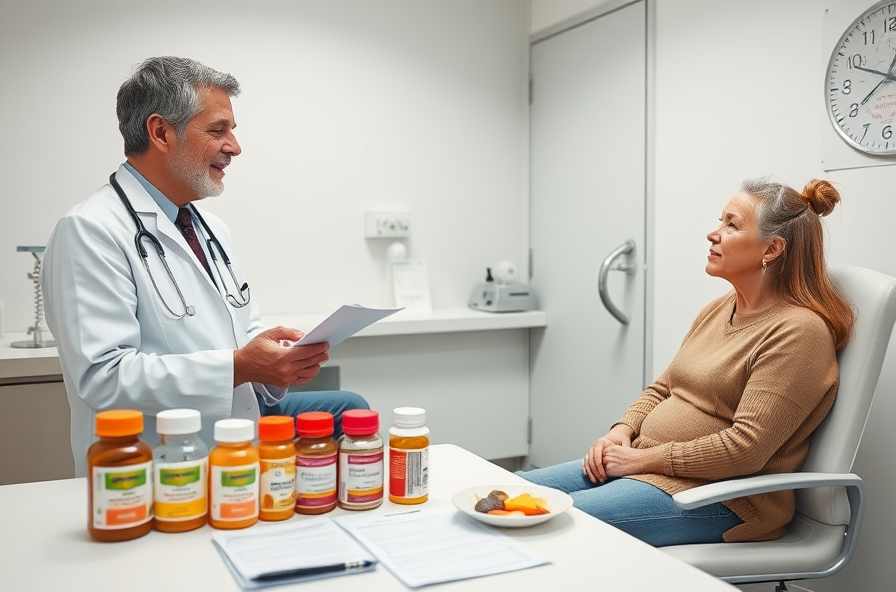
Ever had a bellyache that seemed to just sit there, refusing to budge? Sometimes, that pain is more than just a fluke—it might be a stomach ulcer. Basically, these are sores that pop up inside your stomach when the usual barrier gets worn down by acid. Thankfully, dealing with a stomach ulcer isn’t the end of the road; with some smart medical advice and a couple of habit tweaks, you can usually get yourself back on track.
If you’ve ever felt that deep, stubborn ache in your stomach—especially when you haven’t eaten in a while—it’s not just your mind playing tricks. That achy, burning pain isn’t just your average heartburn. So many of us have chalked it up to nerves or maybe a questionable dinner the night before, only to find out it lingers way longer than it should. I honestly didn’t realize how common stomach ulcers are until I started hearing friends swap stories about mystery stomach pain that just wouldn’t quit.
Here’s what really happens: that precious, protective lining in your stomach? Sometimes, it gets worn down or damaged, and suddenly, the acid inside your belly is left to run wild. Not a recipe for comfort. A lot of people notice the pain backs off a bit after eating—then, like clockwork, it comes creeping back. It’s this odd, recurring dullness or burn that floats in and out for days, making even the thought of lunch feel exhausting.
But here’s the twist: stomach ulcers usually aren’t caused by what we THINK causes them. Blame the H. pylori bacteria for a lot of cases, or blame a steady diet of pain relievers like aspirin and ibuprofen. Toss in heavy drinking or smoking and you’ve got the usual suspects. All that stuff about stress alone causing ulcers? Turns out, it’s one of those persistent myths—we’ve all heard it, but it’s mostly bogus (although stress can still crank up the agony).
Luckily, treatment doesn’t have to feel overwhelming. These days, there’s a decent range of options that work pretty well for most folks. Mild cases might get by with antacids or acid blockers to calm things down. If pesky bacteria is the problem, a simple course of antibiotics makes a world of difference—seriously, it was a game changer for someone I know who suffered way longer than they should have.
Forget the idea that you’re stuck munching on saltines and plain rice forever. Now, it’s more about paying attention to what food triggers your symptoms and avoiding those troublemakers. Some folks swear by eating lots of tiny meals instead of big ones—just enough to never let your stomach get totally empty. It’s one of those tweaks that seems too easy, but it can make the day-to-day grind a lot more manageable. Sometimes you stumble and have to figure things out as you go, but having a doctor help you navigate it makes a huge difference.
Dealing with a stomach ulcer isn’t exactly anyone’s idea of fun, but it sure doesn’t have to rule your life. There’s hope—real hope—for healing if you stick with treatment and pay attention to what your body’s telling you. Even a few minor changes can help you get back to eating (and living) the way you want, minus that aggravating stomach pain. Take care of yourself, and don’t be afraid to ask for help along the way.

Dealing with a stomach ulcer isn’t exactly anyone’s idea of fun, but it sure doesn’t have to rule your life. There’s hope—real hope—for healing if you stick with treatment and pay attention to what your body’s telling you. Even a few minor changes can help you get back to eating (and living) the way you want, minus that aggravating stomach pain. Take care of yourself, and don’t be afraid to ask for help along the way.
Sources
-
Warning Signs, Real Causes & What Actually Helps With Stomach Ulcers
-
Mayo Clinic: Peptic Ulcer Symptoms & Causes
-
Understanding Gastric Ulcers – NCBI Bookshelf
Today’s related searches: foods to eat with stomach ulcers, stomach ulcer diet meal plan, natural remedies for h pylori infection, best probiotics for ulcer healing, how to reduce stomach acid naturally
Each offers exceptional value and is designed to support your health in meaningful ways
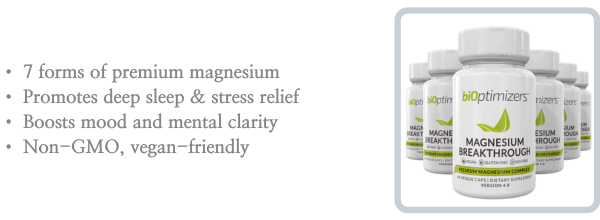
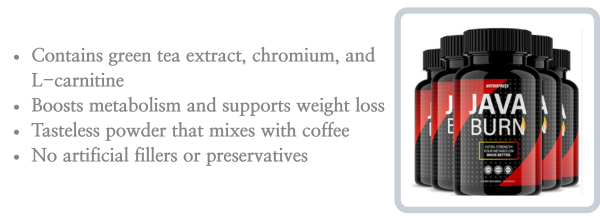
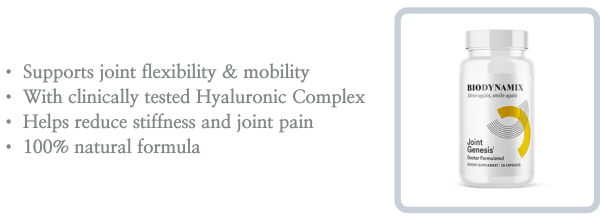
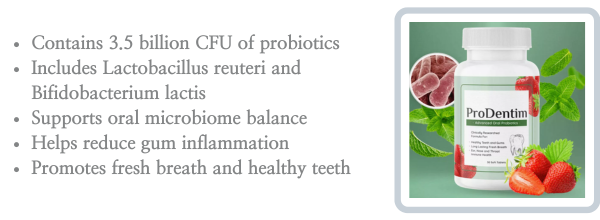

Wishing you a speedy recovery.